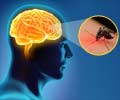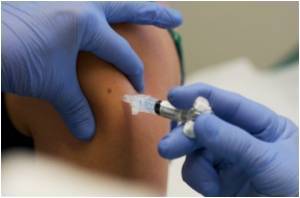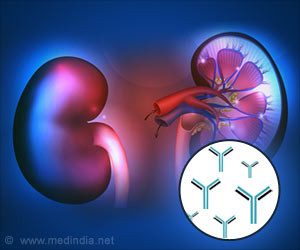Use of insecticide treated mosquito nets could reduce the transmission of Japanese Encephalitis (JE) to humans, revealed in a study.

The study looked at the effectiveness of using ITMNs to protect both pig and human populations. It evaluated the efficacy of reducing the transmission of JE in areas where high virus activity has been reported.
The JE virus multiplies rapidly in pigs, considered by experts to be a key element in the natural cycle of the virus and its transmission to humans.
Sharp drops in infection rates were found in three locations following the use of ITMNs. In one location, the nets were used to protect both humans and pigs which resulted in the greatest drop in infection rates (72 percent), compared with areas where treated mosquito nets protected only humans (67 percent) or pigs (56 percent).
"We are pleased that the results of this study show that ITMNs are extremely effective against JE. Educating people in JE-prone areas that using ITMNs will help reduce the transmission of the disease without disturbing social customs in these communities. We believe that this will, in turn, reduce mortality associated with JE while keeping communities healthy and productive, further improving the global economy," said Prafulla Dutta, Scientist, RMRC, NE.
The researchers noted that insecticide components, particularly pyrethroids, are gaining importance in mosquito control because of their low toxicity towards mammals and the strong repellant impact on mosquitoes.
Advertisement
Source-ANI












